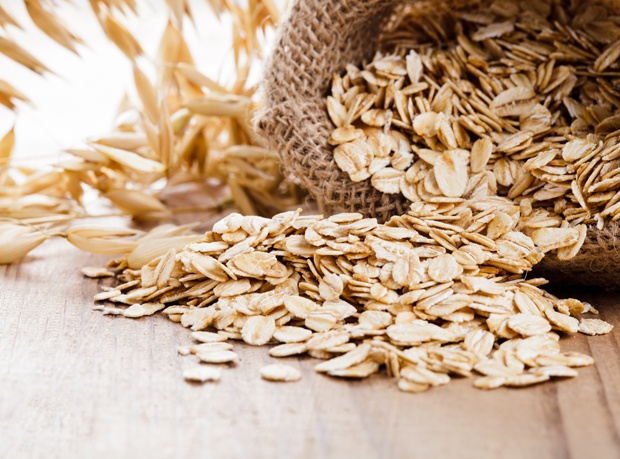
We forget sometimes, but the skin is a living organ, and it draws nutrients from the bloodstream just like the heart, liver, and lungs. That’s why sometimes, if something’s going wrong with your skin, it may be related to a nutrient deficiency.
The best solution is to eat a healthy, well-balanced diet and to drink plenty of water. That’s not always easy, however, and several of us may be walking around shy of a few key nutrients for the skin. Sometimes upping your intake of a few key foods (or supplements) may help improve your skin’s condition. Here are a few common skin conditions and the foods/nutrients that may help them improve.
Dryness. The obvious one here is water. If your skin is dry, make sure you’re getting enough water every day. Skin also stays hydrated through it’s own natural oils, however, which are supported by good fats like those that come from fish (tuna, salmon, sardines, and trout); nuts (walnuts and almonds); avocado; olives and olive oil; and sunflower seeds. A regular omega-3 supplement may also be helpful.
Easy bruising. There are many things that can cause your skin to bruise more easily. Cancer treatments like chemotherapy definitely can. If you’re not going through treatments, however, and you have skin that bruises easily or gums that bleed, you may be a little short on vitamin C. Add more citrus fruits, bell peppers, broccoli, cauliflower, spinach, and dark green vegetables to your diet, and choose a supplement that comes with bioflavnoids. Another benefit of vitamin C-it helps protect against damage from sun exposure.
Flaking and psoriasis. A more serious symptom of dry skin, flaky skin can signal a low level of vitamin A. This fat-soluble vitamin is key in maintaining and repairing skin tissue, so if you don’t have enough, skin will more easily lose moisture as the structure breaks down. Some studies have also connected foods high in beta-carotene (a form of vitamin A) with a reduced risk of psoriasis.1 Consume more sweet potatoes, carrots, dark leafy greens, butternut squash, lettuce, dried apricots, and cantaloupe. It’s best to get this vitamin from food, as excessive vitamin A (which you may get from supplements) has been linked with increased risk of fracture.
Dermatitis. Find yourself itching and scratching? You may need more vitamin B-specifically, biotin. Even a mild deficiency of this vitamin can cause symptoms, as biotin helps form the basis for skin, hair, and nail cells. Most people get enough biotin in their diets, but if you’re taking medications that deprive you of B vitamins (like birth control, diabetic drugs, or antibiotics), you may be experiencing a deficit. Eat more bananas, eggs, oatmeal, and rice.
Acne and eczema. Repeatedly fighting acne? Plagued by eczema? You may be coming up short on zinc. Sometimes either of these conditions can actually be a direct result of a zinc deficiency. This useful mineral is involved in inflammation control and tissue regeneration. It also helps tame oil production, so particularly if you have oily skin, or if you’re on medications that rob your body of zinc (like antacids, antiobiotics, birth control, hormone replacement drugs, or acid-blocking drugs like Nexium), or if you have diabetes (which affects zinc metabolism), you may want to increase your intake of zinc. Try more oysters, wheat germ, low fat roast beef, sesame seeds, veal liver, dark chocolate, lamb, and peanuts.
Have you improved your skin condition through nutrition? Please share your story.
Source
- Naldi L, Parazzini F, Peli L, Chatenoud L, Cainelli T. “Dietary Factors and the Risk of Psoriasis. Results of an Italian Case-Control Study,” Br. J. Dermatol. 134 (1): 101-6 (January 1996).

